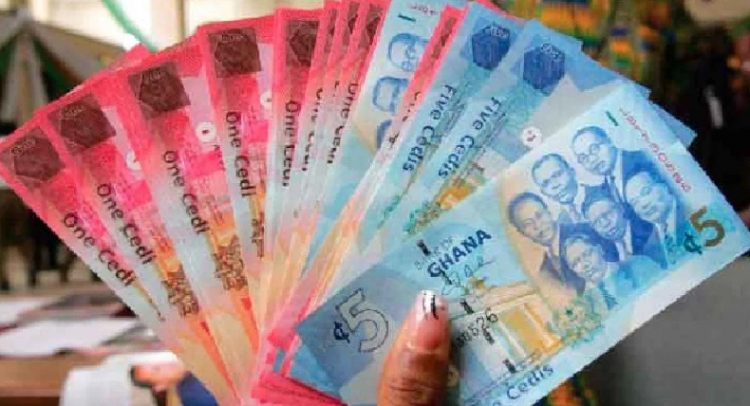The Ghana Cedi
THE CEDI appreciated marginally against the dollar this week, trading at 9.99 from a record low 10.08 at last week’s close.
Ghana’s local borrowing costs continue to rise, with yields on six-month treasury bills shooting past 30% this week.
Proceeds from a US$1.3 billion syndicated loan for Ghana’s Cocoa Board (COCOBOD) agreed in July is expected to land imminently, and should ease some of the pressure on the Cedi.
Murega Mungai, Trading Desk Manager, AZA Finance, commenting on the Cedi’s performance lately, said “We expect the currency to drift back to the 10 level in the near term, although the pace of depreciation is likely to be slower.”
The Cedi recovered against the dollar last week, trading at 9.86 from 9.95 at previous week’s close, having briefly touched a record low 10.03, as funds from Afreximbank’s recent US$750m loan arrived at the Bank of Ghana.
The proceeds of the loan is billed to be used for infrastructure projects and boosting Ghana’s foreign exchange (FX) reserves, which have fallen as the central bank has attempted to slow the Cedi’s slide against the dollar.
Ghana has been shut out of global capital markets as the US Federal Reserve has lifted interest rates to fight inflation, pushing Ghana’s borrowing costs higher and putting its debt sustainability in the spotlight.
The Monetary Policy Committee (MPC) of the Bank of Ghana increased the prime rate to 22%.
A business desk report


